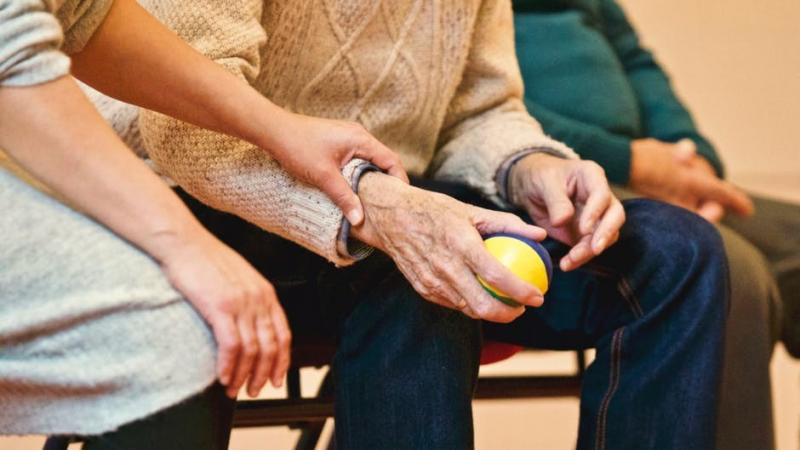How to Support Someone Starting Recovery from Addiction

If you're wondering how to support someone just beginning the recovery process, you're about to embark on a bumpy road that requires tremendous strength. It's not something you can really control; it's just something you have to be present for.
But, believe it or not, your love and support can mean the difference between recovery and failure. Sure, the addict has to want to change for themselves, but they'll be in desperate need of a shoulder to cry on, whether they can admit it or not. Here are five ways to help you roll up your sleeves and start changing a life for the better.
1. Educate Yourself
Addiction recovery is a very complex topic and almost every addict responds differently. This makes the learning curve steep. Spend a few days reading everything you can. Understand what triggers are (and what your loved ones may look like).
See if you can clarify the difference between support and enablement. Seek to understand the various physiological and emotional changes that are about to happen as someone detoxes from the harmful chemicals in their system.
2. Don't Crucify Them for Backsliding
When someone's spent an extended amount of time under the stronghold of addiction, it seems impossible to live a life without the drink or drug. The trouble is, every time an addict stops and then picks the drink or drug back up again, each new "high" will be worse.
And they'll need more and more to achieve said "high." So, if they should happen to backslide, don't crucify them. It's already worse for them. Just hold their hand, be their non-judgmental support system, and help them get back on the pathway to recovery.
3. Have Empathy
Backslides aside, remember to have some empathy for your loved one. Sure, you might say they got themselves into this mess. But, they're here now and, if they're about to enter into withdrawal, the pain can be excruciating.
According to Inspire Malibu hydrocodone addiction treatment center, some of the withdrawal symptoms from pain pills can include fever, cold sweats, vomiting, cramping, insomnia, and depression. That's quite a mountain to climb.
4. Clean House
If your loved one is in a treatment facility and about to re-enter your home, make a clean sweep of the house. Do them the favor of removing any addictive substances. Clean their room; create a fresh, new space.
Try not to plan any social gatherings where alcohol will be an expected, if unwanted, guest. Research new, sober activities you can do together. Consider yoga, cycling, or something in the great outdoors.
5. Seek Support for Yourself
You know the old adage: you can't help others before you help yourself. Did you know there are support groups out there for those who love and live with a recovering addict?
Consider Al-Anon or Nar-Anon. You'll find others there who are seeking to understand the nature of addiction and be the best support they can be.
You might make a nice evening routine out of it. Your loved one can go to their AA meeting while you attend your Al-Anon meeting, and then you go out to share a cup of coffee together.
How to Support Someone: Patience
In the end, if you're truly wondering how to support someone, it all boils down to patience. Your loved one will be dealing with tremendous grief, regret, depression, and anxiety, on top of physical detriments.
But, it's not something anyone should ever have to do alone. So, know that your presence is highly valued and, dare we say, essential to their recovery.
Here at NBC29, we love to keep you up to date on all your local Charlottesville news. We've got you covered with everything weather, sports, community, and lifestyle-related. And, if you're going through this tough time with your loved one, we wish you tremendous success and triumph.
Previous Posts: